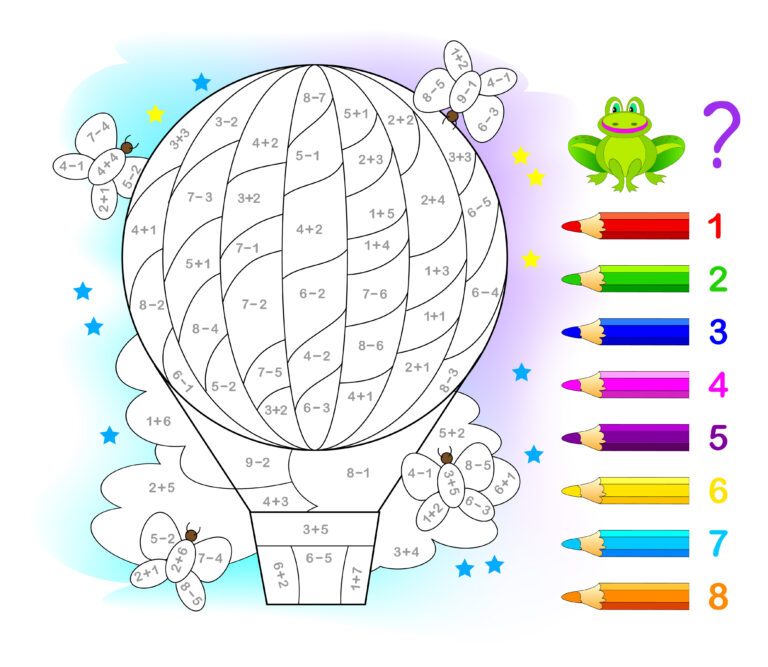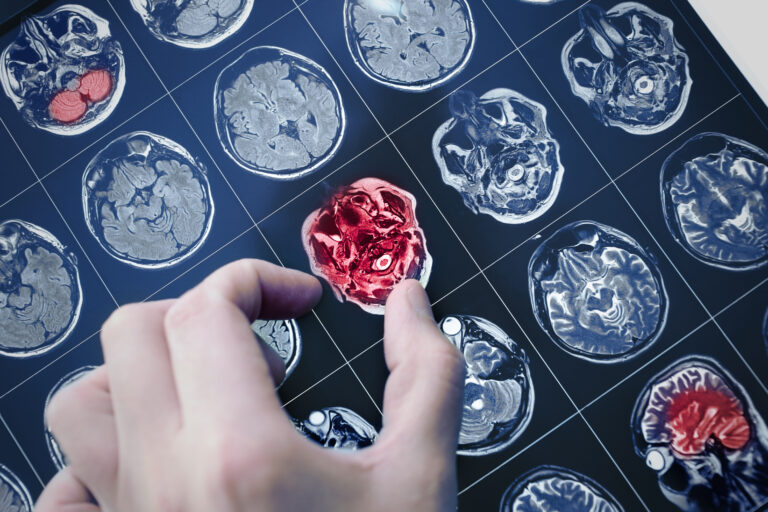Eating crab quiche does not equate to receiving a dose of potassium isotopes in any meaningful or measurable way. Potassium isotopes are variants of the potassium element that differ in neutron number, and while all natural potassium contains a mixture of these isotopes, consuming food like crab quiche simply provides dietary potassium as part of its nutritional content—not isolated or concentrated radioactive or stable isotopes.
Crab quiche typically contains some amount of potassium because both crab meat and common quiche ingredients (eggs, milk, cheese) naturally have potassium as an essential mineral. For example, a slice of crab quiche might contain around 200 milligrams of potassium. This is just regular dietary potassium important for bodily functions such as nerve signaling and muscle contraction. The presence of different isotopes within that elemental potassium is normal but indistinguishable at the level you consume it through food.
Potassium has three naturally occurring isotopes: Potassium-39 and Potassium-41 are stable, while Potassium-40 is radioactive but very rare (about 0.012% abundance). The tiny fraction of radioactive isotope present in natural foods poses no health risk at typical dietary levels; it’s part of the background radiation we’re exposed to daily from many sources including soil and cosmic rays.
In other words:
– Eating crab quiche delivers **nutritional potassium**, which your body uses for vital processes.
– You do not get an isolated “dose” or special exposure to specific *potassium isotopes* beyond what naturally occurs in all foods containing this mineral.
– The small amount of radioactive isotope Potassium-40 present in all natural sources is negligible and harmless when consumed through normal diet.
The idea that eating something like crab quiche would equal a “potassium isotope dose” likely stems from confusion between chemical elements’ nutritional roles versus their nuclear properties studied under physics or radiology contexts. Food provides minerals chemically bound within molecules; it does not deliver targeted doses based on atomic isotope composition.
To put it simply: When you eat crab quiche, you get protein from the crab meat along with vitamins, fats, carbohydrates from crust ingredients if any—and minerals including regular elemental potassium needed by your body—but no special exposure to distinct forms or doses related specifically to its atomic isotope makeup.
So while there is definitely some amount of **potassium** inside your serving—important for heart function and muscle control—it’s just ordinary dietary mineral intake without any unusual nuclear implications tied directly to eating that dish itself.





